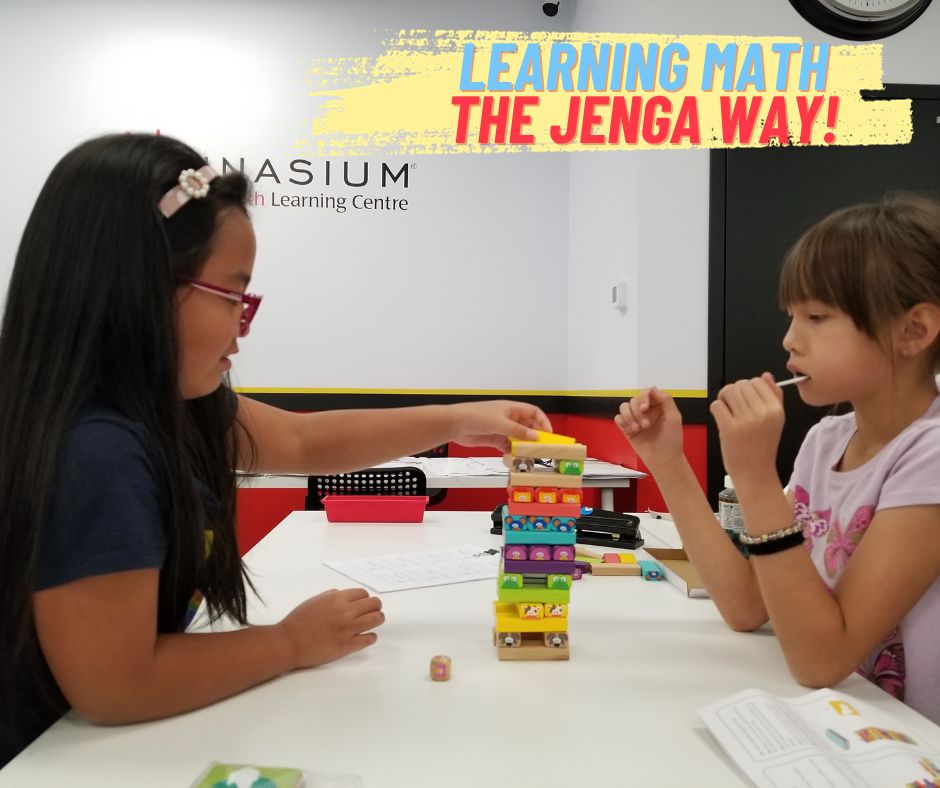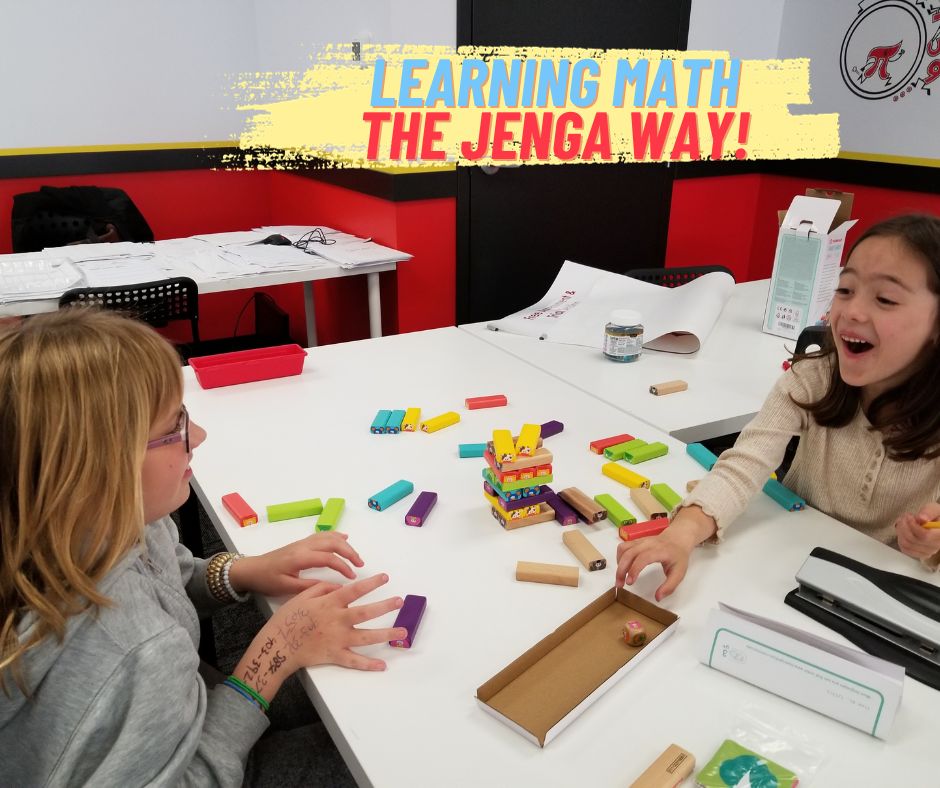We've got a new game at the centre: Jenga! There, a group of my students was engaged in a game of Jenga, their faces lit up with concentration and anticipation. And as I sat watching them playing, I couldn’t help but be drawn to the sounds of laughter and excitement, sometimes I found myself screaming .. lol
Insights from Jenga
As I observed them carefully selecting and pulling out wooden blocks from the towering structure, it struck me how much Jenga mirrored the journey of learning math. Each wooden block, I realized, represented a fundamental concept or skill, and the tower itself symbolized a student's mathematical knowledge.
Solid base: the key to being able to move up. The initial blocks, firmly placed at the bottom, are similar to a strong foundation for our child’s math education. A strong and sturdy base ensures they have a stable platform to build upon as they progress through school.
The initial blocks are the basic tool box: addition, subtraction, multiplication and division. Exactly what’s in the Mathnasium’s Numerical Fluency programs that ensure our students master this fundamental knowledge, the building blocks of mathematics. These are the skills upon which everything else would rest.
Building the blocks strategically. As I watched them playing, I noticed some kids are confident and know exactly which block needs to take and how to put it at the top.
Building the blocks needs a strategy, you can’t just add another block with the expectation it’s going to tower and stand by itself. Mathnasium’s philosophy is to make math make sense, and not just asking students to memorize steps and procedures.
Success in math is not just about obtaining correct answers; it’s about understanding the why and how behind those answers. Teach it correctly, math will build a student’s number sense and math intuition. Teach it incorrectly, it will imprint students like a machine that follows rigid procedures without real comprehension. And without comprehension, students may struggle to apply math to real world situations or solve new, unfamiliar problems.
So just as in Jenga, one wrong move could topple the tower; skipping or rushing through essential math concepts could lead to a shaky knowledge.
Accomplishment: a confidence booster. Just as successfully placing a Jenga block builds excitement and confidence, mastering math concepts does the same. These small victories build confidence, and confidence in math opens doors to various opportunities.
The tall Jenga tower represents future success. The taller the Jenga tower, the more exciting the game becomes. A strong math foundation sets the stage for future success in STEM fields, which are increasingly vital in today's world.

Like a Jenga tower's balance, math success stands on mastering blocks, one step at a time.
A Teacher’s Perspective
As the kids left and I organized all the blocks on the game table, I concluded that the game of Jenga served as a powerful reminder of the importance of a strong math foundation.
Just as a stable tower relied on carefully placed blocks, a successful math education relied on mastering fundamental concepts step by step - in the right way. I’ll carry this lesson forward, guiding my students to secure every mathematical block, like Jenga pieces in a balanced tower.













